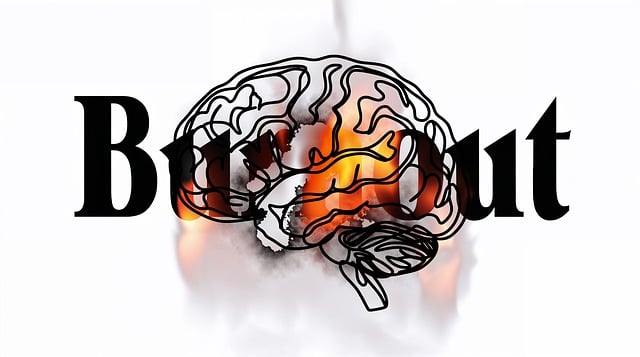Mental health professionals in Highlands Ranch Codependency Therapy face risks like cultural sensitivity and heavy caseloads, but effective risk management starts with understanding these challenges, including navigating complex interpersonal dynamics. Key tools for mitigation are emotional intelligence and open communication, fostering a safe and supportive environment. A robust risk management plan should include tailored Emotional Well-being Promotion Techniques, regular Stress Management Workshops, systematic risk assessment, evidence-based practices, and self-care for burnout prevention. Public awareness campaigns also play a crucial role in strengthening the mental health ecosystem.
“In the intricate field of mental health care, effective risk management is paramount to ensuring patient safety and well-being. This comprehensive guide aims to illuminate critical aspects of risk assessment and planning for professionals in Highlands Ranch Codependency Therapy. We’ll explore the unique risks inherent in mental health practice, offering a structured approach to developing robust risk management strategies. From identifying potential hazards to implementing mitigation tactics, this article equips therapists with essential tools to foster a resilient and secure therapeutic environment.”
- Understanding Risks in Mental Health Practice
- Developing a Comprehensive Risk Management Plan
- Implementing Strategies for Mitigation and Resilience
Understanding Risks in Mental Health Practice

Mental health professionals encounter a wide range of risks and challenges daily, making robust risk management planning paramount. Understanding these risks is the first step towards creating a safe and supportive environment for clients. Risks in mental health practice can be multifaceted, from managing client expectations to dealing with complex interpersonal dynamics. For instance, therapists in Highlands Ranch Codependency Therapy may face issues related to cultural sensitivity in mental healthcare practice, where understanding diverse backgrounds and beliefs is crucial to avoid misunderstandings or missteps.
Additionally, stress management plays a significant role as professionals juggle heavy caseloads and emotionally demanding cases. Emotional intelligence, the ability to recognize and manage one’s own emotions and understand others’ emotional states, becomes a vital tool in mitigating risks. By fostering an environment of open communication, therapists can help clients process their feelings while also managing their own emotional responses, thereby enhancing therapeutic outcomes and minimizing potential risks.
Developing a Comprehensive Risk Management Plan

In developing a comprehensive risk management plan for mental health professionals, especially those practicing at Highlands Ranch Codependency Therapy, it’s crucial to integrate multiple strategies that foster both individual and collective emotional well-being. This involves implementing effective Emotional Well-being Promotion Techniques tailored to address common challenges faced by the therapy team. By organizing regular Stress Management Workshops, professionals can enhance their resilience and learn anxiety relief techniques, thereby improving their ability to manage client risks.
A robust plan should also include a systematic approach to risk assessment, early intervention, and ongoing monitoring. This ensures that any potential issues are identified promptly, allowing for timely interventions. Incorporating evidence-based practices and staying updated with the latest research in mental health management further strengthens the organization’s ability to navigate complex situations, ensuring optimal client outcomes and a supportive work environment for Highlands Ranch Codependency Therapy professionals.
Implementing Strategies for Mitigation and Resilience

In implementing risk management plans for mental health professionals, focusing on strategies that foster resilience and mitigate potential risks is paramount. This involves integrating self-care practices into daily routines to prevent burnout, which is a significant concern in high-pressure fields like codependency therapy in Highlands Ranch. Prioritizing regular breaks, setting clear boundaries between professional and personal life, and engaging in activities that promote relaxation and stress reduction are essential components of building resilience.
Furthermore, developing public awareness campaigns can play a crucial role in risk management by educating the community about mental health issues, reducing stigma, and encouraging early intervention. This collective effort not only benefits individual therapists but also contributes to a more supportive ecosystem for mental health services, enhancing overall resilience within the profession.
Mental health professionals, much like their clients, face unique challenges that require proactive risk management. By understanding the specific risks inherent in mental health practice, such as high-stress environments and intense client relationships, therapists can develop robust risk management plans tailored to their practice. Implementing strategies for mitigation and resilience, including self-care practices and boundary setting, is essential for maintaining a healthy work-life balance. Incorporating these measures can enhance not only the well-being of therapists but also improve client outcomes in Highland Ranch codependency therapy and beyond.














